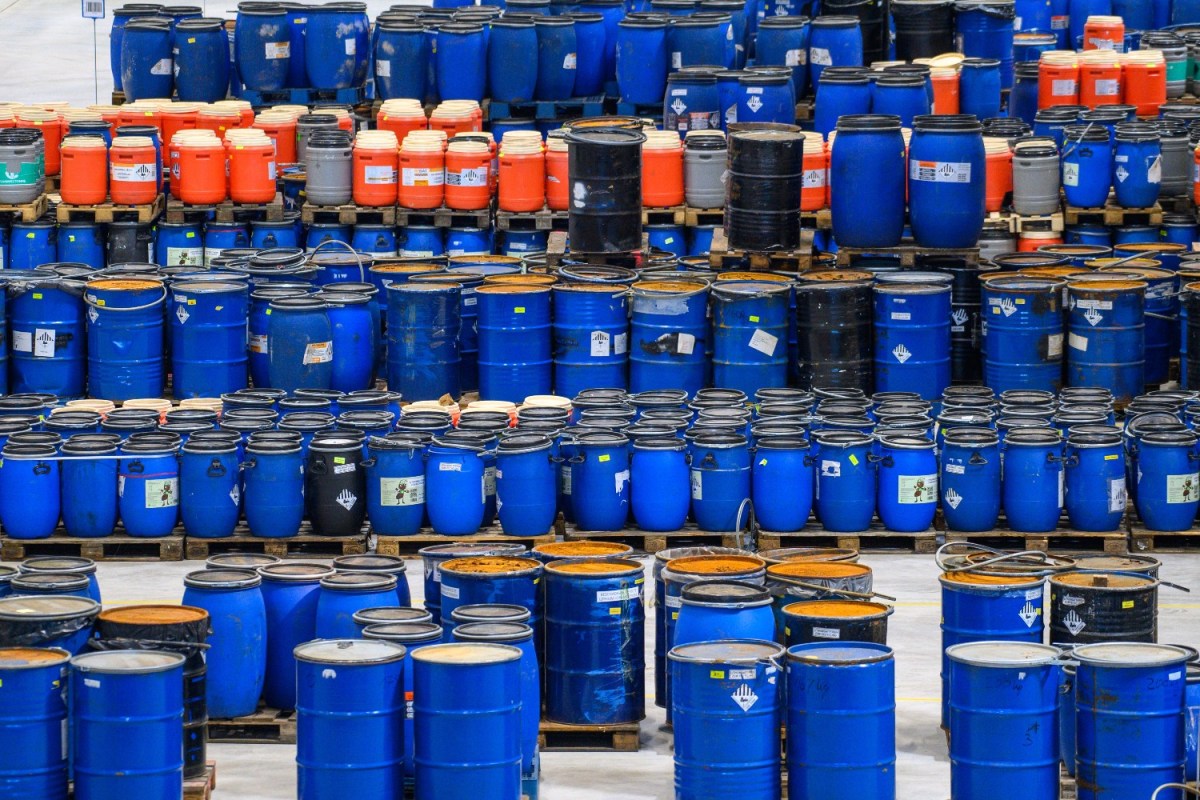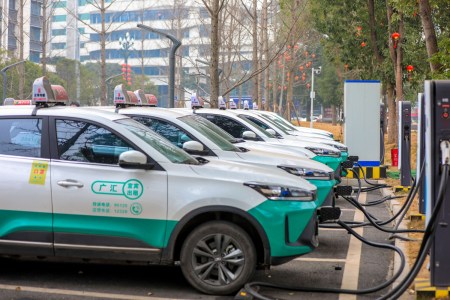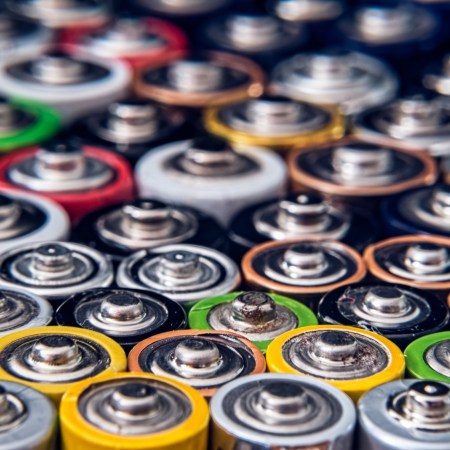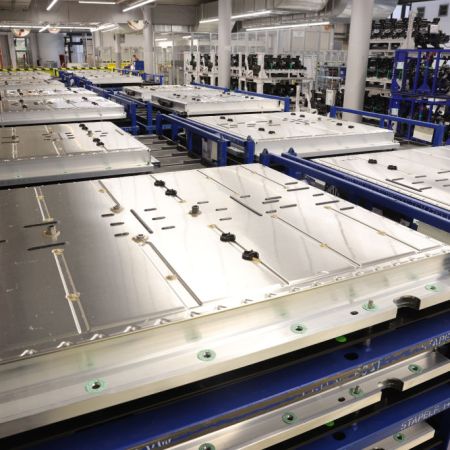It isn’t hard to see the appeal of recycling batteries — whether that term is referring to the power sources of household objects or the massive high-tech devices used to power electric vehicles. A more sustainable future involves finding ways to repurpose waste products in as many ways as possible, whether that’s using old EV batteries as generators or transforming food waste into booze.
That said, there are challenges to pulling off battery recycling with minimal environmental impact — and the potential hazards of that approach are one of the things environmental studies professor James Morton Turner discussed in his recent book Charged: A History of Batteries and Lessons for a Clean Energy Future.
In an excerpt from the book featured at Literary Hub, Turner explored the ways in which recycling can have unintended consequences. Turner writes that recycling lead-acid batteries — like the kind used to start cars and trucks — moved overseas earlier this century. Turner notes that there were environmental regulations in place to govern how these batteries were recycled in — to cite one example — Mexico.
Having regulations and enforcing them are two different things, however — and Turner writes that the environmental guidelines under NAFTA for this type of recycling were “unevenly enforced.”
This Former Tesla Executive Has a Plan for Recycling EV Batteries
This addresses one of the big questions for EV adoptionIt may not surprise you to learn that incidents of lead poisoning increased in some countries where lead-acid battery recycling facilities exist, such as the Dominican Republic and Senegal. Turner’s writing on the subject makes an impassioned case for thinking through all of the steps of the recycling process — and making sure that measures designed with the environment in mind don’t end up making it worse.
Thanks for reading InsideHook. Sign up for our daily newsletter and be in the know.



















